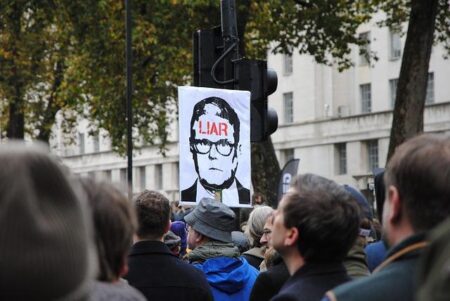Germany’s recent appeal for French nuclear protection has encountered a stark reality check, as challenges surrounding defense commitments and geopolitical complexities come into focus. In an exclusive report by The Wall Street Journal, experts and officials highlight the difficulties inherent in forging such security guarantees amid shifting European security dynamics. This development underscores the evolving landscape of nuclear deterrence and alliance politics in the wake of heightened tensions across the continent.
Germany’s Demand for French Nuclear Shield Faces Diplomatic and Strategic Challenges
Germany’s recent appeal for enhanced nuclear protection from France has sparked a complex debate, highlighting the delicate balance between alliance commitments and national sovereignty. While Berlin seeks reassurance amid escalating geopolitical tensions, Paris remains cautious, emphasizing its existing strategic obligations to NATO and the importance of maintaining autonomous deterrence capabilities. This dynamic underscores underlying diplomatic sensitivities, as both countries navigate the challenge of deepening defense cooperation without compromising their respective foreign policy priorities.
Key obstacles in this evolving discussion include:
- Legal constraints: Germany’s constitutional limits on nuclear armament and reliance on conventional forces restrict its options.
- Strategic divergence: France’s independent nuclear doctrine contrasts with Germany’s preference for collective security.
- Alliance politics: NATO’s existing framework complicates bilateral nuclear-sharing arrangements.
| Factor | Germany | France |
|---|---|---|
| Nuclear Policy | Non-nuclear, supportive of disarmament | Independent nuclear deterrent |
| Defense Approach | Conventional forces, EU security focus | NATO strategic autonomy, global reach |
| Political Will | Seeking stronger guarantees | Cautious about binding commitments |
Evaluating the Viability of Enhanced Franco-German Nuclear Cooperation
Amid rising geopolitical tensions, Germany’s recent appeal for French nuclear umbrella support highlights the complexities of deeper bilateral cooperation in atomic deterrence. While Paris has long maintained an independent and robust nuclear posture, reluctant voices in Berlin urge more tangible security guarantees. However, key hurdles emerge, from divergent strategic cultures to legal constraints within the European Union framework, challenging the feasibility of formalized cooperation on nuclear forces.
Key factors influencing the viability of enhanced collaboration include:
- National sovereignty concerns: France’s insistence on preserving autonomous decision-making in nuclear use.
- Disparate military doctrines: Differences in Germany’s primarily conventional defense outlook versus France’s nuclear-certified force.
- Political and public opinion: Mixed reactions in both countries over nuclear entanglement and deterrence credibility.
- Legal and treaty limitations: Constraints posed by NATO frameworks and EU treaties on joint nuclear initiatives.
| Aspect | France | Germany | ||||||||||||||
|---|---|---|---|---|---|---|---|---|---|---|---|---|---|---|---|---|
| Nuclear Arsenal | ~300 warheads | None | ||||||||||||||
| Deterrence Policy | Independent strategic deterrence | Rely on NATO umbrella | ||||||||||||||
| Public Support for Nuclear Role | Recommendations for Strengthening European Defense Amid Divergent National Priorities
Europe’s defense landscape is marked by a complex tapestry of national interests, where divergent priorities often hinder cohesive action. To bridge these gaps, policymakers must emphasize enhanced collaboration while respecting each country’s strategic autonomy. Joint investment in cutting-edge technologies and coordinated military exercises can foster interoperability without forcing a one-size-fits-all approach. Moreover, transparent communication channels need to be established to reconcile differing threat perceptions, particularly between nuclear and non-nuclear states. Such efforts could cultivate a shared sense of responsibility, easing friction over contentious issues like nuclear deterrence and burden-sharing. Pragmatism should guide future defense frameworks, distinguishing between aspirations and operational realities. The table below outlines potential strategies alongside their anticipated impact on European defense cohesion:
Recognizing these dynamics, Europe’s defense architecture should strive not only for strength but also for resilience-adapting to shifting geopolitical realities while accommodating the diverse aspirations of its member states. Wrapping UpAs Germany’s request for French nuclear protection faces skepticism and logistical challenges, the episode underscores the complexities inherent in European defense cooperation amid evolving security concerns. While the call highlights Berlin’s intent to bolster its deterrence posture, the cautious response from Paris and other stakeholders serves as a reminder that nuclear sharing remains a sensitive and multifaceted issue. As Europe navigates an increasingly uncertain geopolitical landscape, the discourse on collective security and strategic autonomy is poised to remain at the forefront of defense policy debates. |




